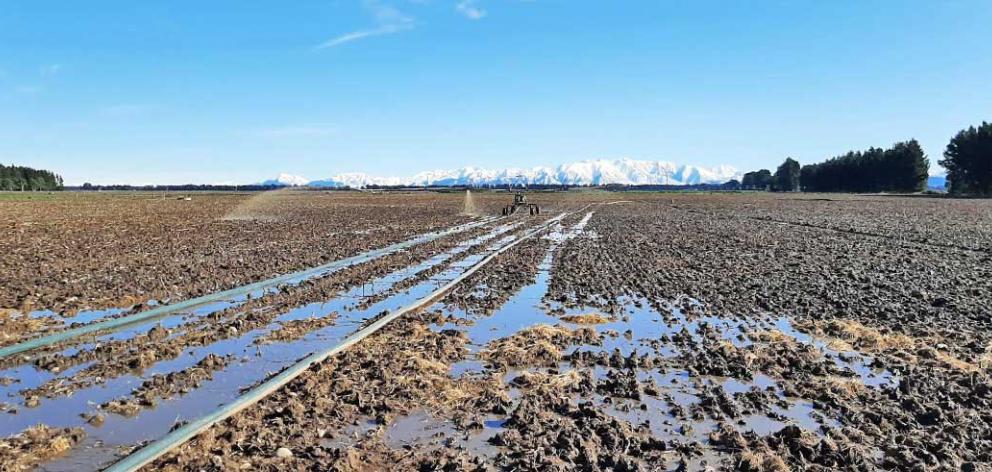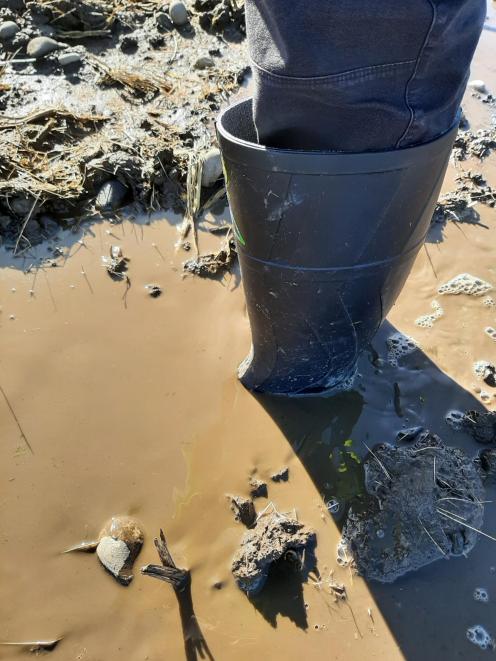
PIC New Zealand Ltd was convicted in the Christchurch District Court of one charge of discharging piggery effluent from a travelling irrigator onto land which may have resulted in the contaminant entering water on its Mitchells Rd, Bankside, Selwyn, farm.
In August 2022, an Environment Canterbury compliance officer observed a travelling irrigator discharging effluent onto bare land which was saturated with rainwater.
The discharge caused significant effluent ponding running the length of the paddock behind the travelling irrigator.

PIC is owned by SunPork Ltd which is a large corporate farmer with operations in Australia and New Zealand. SunPork operates 56 farms eight of which are in New Zealand.
Allowing ponding to occur is a breach of the company’s resource consent, specifically the condition stating that discharges must be managed in such a way that effluent ponding does not occur.
ECan zone delivery lead Gillian Jenkins said since the incident, the company has taken steps to ensure it does not happen again. It has begun trucking effluent off-site, is using a revised management plan, and has installed a Hi-Lo monitoring system on its effluent tank.
“Ponding of effluent as bad as this and the potential leaching of contaminants to groundwater in the Selwyn area is unacceptable," Jenkins said.
“We are really pleased to see the steps that PIC is taking towards improving compliance at the site and we’re working closely with them to ensure a problem like this doesn’t happen again.”
Pig effluent has higher quantities of nitrogen and ammonia compared to dairy effluent which makes it especially important to manage effluent application.
Jenkins said it's important that farms plan ahead for wet conditions to prevent ponding.
“Even though this particular incident happened during a really wet event, the court ultimately decided that farms need to do better at managing their effluent in all conditions.
“All farms need to have up-to-date management plans that allow for climate change. Staff training and farming practices need to be adequate to respond to wet events like this as they will only increase in the future.”













